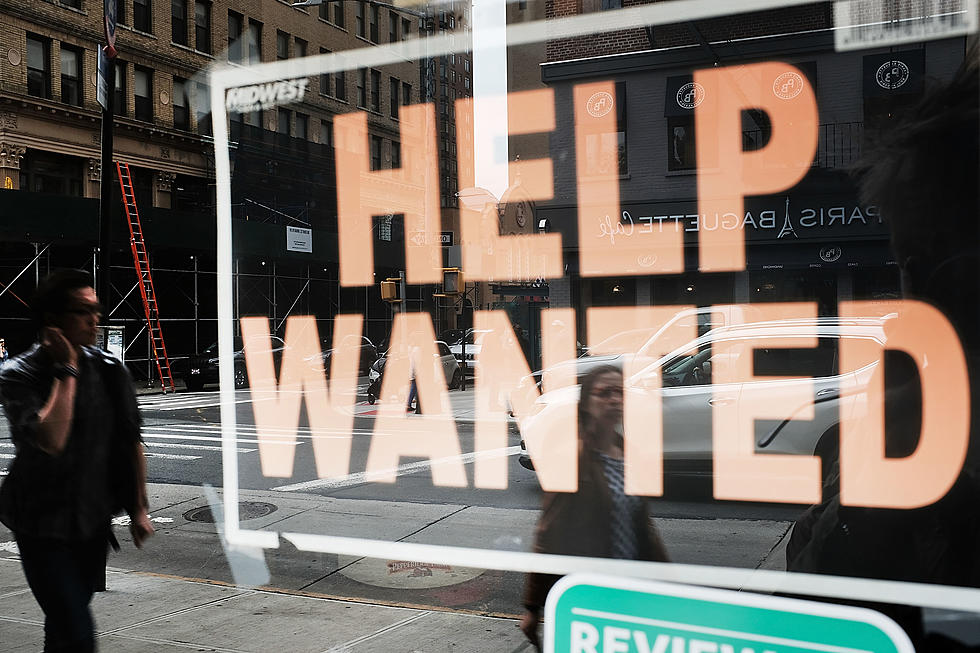![Debt – The New Normal? [AUDIO]](http://townsquare.media/site/385/files/2011/12/CreditCards-300x225.jpg?w=980&q=75)
Debt – The New Normal? [AUDIO]
If you lost your job or experienced a decrease in income, would you cut back on spending? According to trends throughout the last couple of decades, most people would answer than question with "no."
Despite falling incomes, "the bottom 95%" of Americans, for the most part, maintained their lifestyles by spending money they do not have. By 2007, according to economic research, the 95% had $1.48 in debt for every dollar earned. Since then, the picture has not changed much.
While some folks were forced to see their debt balloon inflate just so they can stay in their homes and put food on the table, others continued spending only to keep up with "the top 5%" and feel successful.
"We are so inundated by this idea of accumulating things," said Michael Kay, President of Financial Focus in Livingston. "We need to keep spending in order to feel that we are successful."
He said the habit of debt has become "our normal," but instead, people should take a step back and redefine what happiness really is.
"Cut the fat," Kay advised. "Look at where you spend your discretionary spending."
Do you need to have every cable channel? Must your family eat at a restaurant more than once a week? Do you need to buy tissues from the most expensive grocery stores?
Kay said if debt recovery is not possible for some people through cutting discrentionary spending, then they possess a "structural problem." At that point, changes must be made in one's fixed spending, like housing.
"Getting control of your financial life is the adult thing to do; it is the responsible thing to do," explained Kay.
It can take time, but it can be done in small, measurable, meaningful steps.
More From New Jersey 101.5 FM









